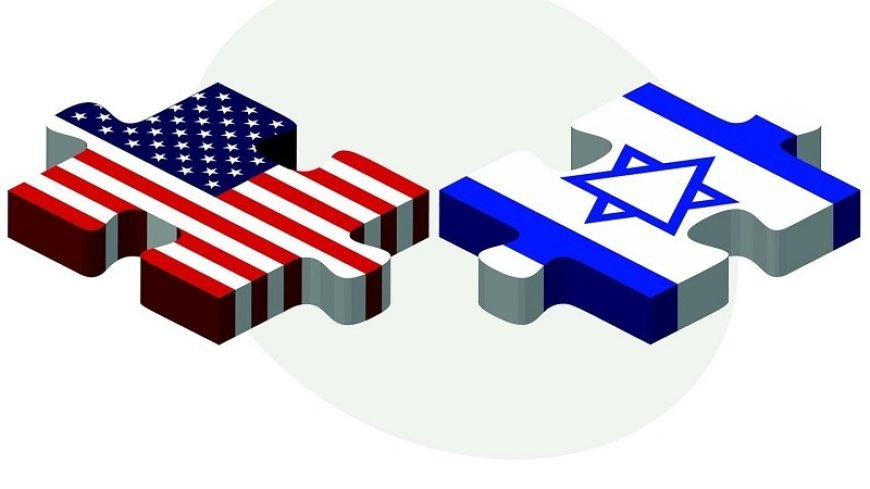According to the ministry's statement, the aid consists of essential military supplies, including armored vehicles, weapons, ammunition, personal protective equipment, and medical supplies. These resources are critical for maintaining the operational readiness and effectiveness of the Israeli Defense Forces (IDF) as they engage in intensive combat operations in Gaza.
The Biden administration has been instrumental in facilitating this support, sending over 50,000 tons of military equipment to Israel through 500 flights and 107 sea shipments. This assistance reflects the United States' long-standing strategic partnership with Israel and its commitment to ensuring Israel's security in the face of ongoing threats. U.S. officials have repeatedly emphasized the importance of supporting Israel's right to defend itself, particularly in the context of the heightened hostilities in Gaza.
However, the scale and speed of U.S. military aid have drawn international scrutiny and criticism. Human rights organizations, including Amnesty International, have raised concerns about the implications of this support. Amnesty International has condemned the continued arms supply, arguing that it violates the Arms Trade Treaty (ATT), which seeks to regulate international arms transfers and prevent weapons from being used in human rights abuses. The organization has previously called for an arms embargo against Israel, citing what it describes as "genocidal crimes" committed by the Israeli military against civilians in Gaza.
The controversy surrounding the U.S. military aid highlights the broader debate over international arms sales and their potential to exacerbate conflicts and humanitarian crises. Critics argue that the influx of weapons into conflict zones like Gaza only serves to prolong violence and increase civilian casualties, undermining efforts to achieve a peaceful resolution.
As the conflict continues, the U.S. administration faces growing pressure from various quarters to reassess its military assistance to Israel. The debate over the ethics and legality of these arms transfers is likely to intensify, particularly as the humanitarian situation in Gaza remains dire and the prospects for a ceasefire appear uncertain.
In this complex and volatile context, the role of international law and the responsibilities of arms-exporting nations will remain central issues in the ongoing discourse surrounding the Gaza conflict and the broader implications for global peace and security.














































